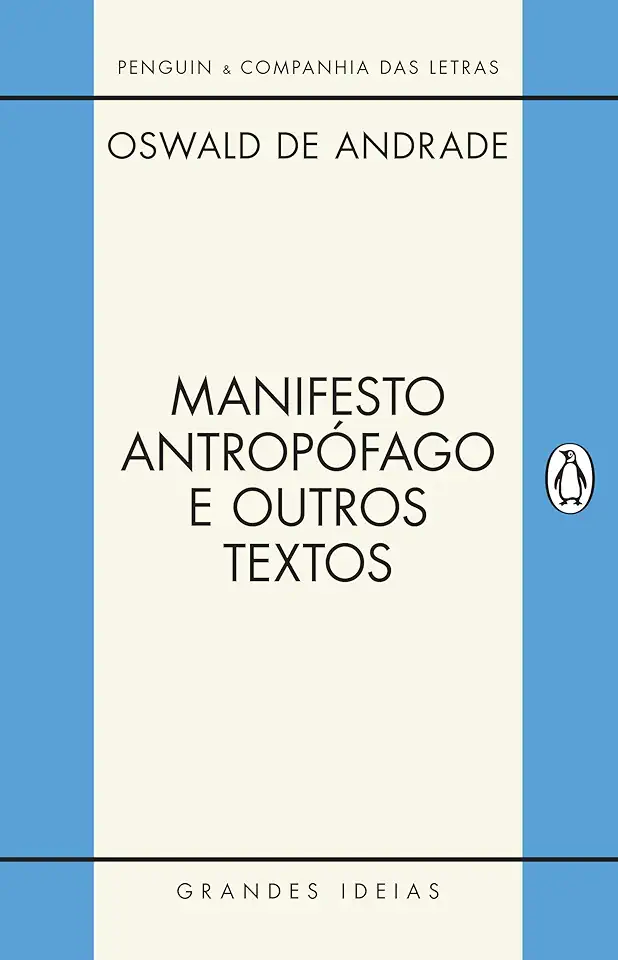
Anthropophagic Manifesto - Oswald de Andrade
Anthropophagic Manifesto: A Revolutionary Call for Cultural Liberation
In the realm of literature and cultural theory, few works have had as profound and provocative an impact as Oswald de Andrade's Anthropophagic Manifesto. Published in 1928, this groundbreaking manifesto challenged conventional notions of cultural identity, artistic expression, and the relationship between the colonizer and the colonized. Through its bold and audacious proclamations, the Anthropophagic Manifesto ignited a cultural revolution that continues to resonate today.
A Call to Devour and Transform
At the heart of the Anthropophagic Manifesto lies the concept of "anthropophagy," a metaphorical act of devouring and assimilating cultural influences. Andrade argues that Brazilian culture should not merely imitate European models but should instead actively consume and transform them, creating a new and distinctly Brazilian identity. This process of cultural cannibalism, he asserts, is essential for liberation from the oppressive forces of colonialism and the establishment of a truly independent cultural identity.
The Rejection of European Hegemony
Andrade vehemently rejects the cultural hegemony of Europe, arguing that it has stifled the development of authentic Brazilian art and literature. He calls for a radical break from European influences and the creation of a new aesthetic that draws upon Brazil's indigenous roots and the vibrant cultural diversity of its people. This rejection of European dominance is a powerful assertion of cultural autonomy and a celebration of Brazil's unique heritage.
The Celebration of Cultural Diversity
The Anthropophagic Manifesto embraces the rich cultural diversity of Brazil, recognizing it as a source of strength and inspiration. Andrade argues that Brazilian culture should be a melting pot of different influences, incorporating elements from indigenous traditions, African rhythms, and European techniques. This celebration of cultural diversity stands as a powerful antidote to the homogenizing forces of globalization and a reminder of the importance of preserving cultural heritage.
The Power of Art and Literature
Andrade places great emphasis on the transformative power of art and literature, viewing them as essential tools for social and cultural change. He argues that art should not merely reflect reality but should actively shape it, challenging conventions and provoking thought. This belief in the transformative power of art is a testament to Andrade's deep understanding of the role of culture in shaping society.
A Manifesto for the Modern Age
The Anthropophagic Manifesto transcends its time and remains relevant to this day. Its call for cultural liberation, its rejection of cultural hegemony, and its celebration of diversity resonate with contemporary struggles for social justice and cultural self-determination. As a manifesto for the modern age, the Anthropophagic Manifesto continues to inspire artists, writers, and activists to challenge oppressive structures and create a more just and equitable world.
Conclusion
Oswald de Andrade's Anthropophagic Manifesto is a seminal work that has left an indelible mark on Brazilian literature and culture. Its revolutionary ideas and provocative stance have sparked countless debates and inspired generations of artists and intellectuals. A must-read for anyone interested in cultural theory, postcolonial studies, or the power of art to transform society, the Anthropophagic Manifesto is a timeless classic that continues to challenge and inspire readers around the world.
Enjoyed the summary? Discover all the details and take your reading to the next level — [click here to view the book on Amazon!]